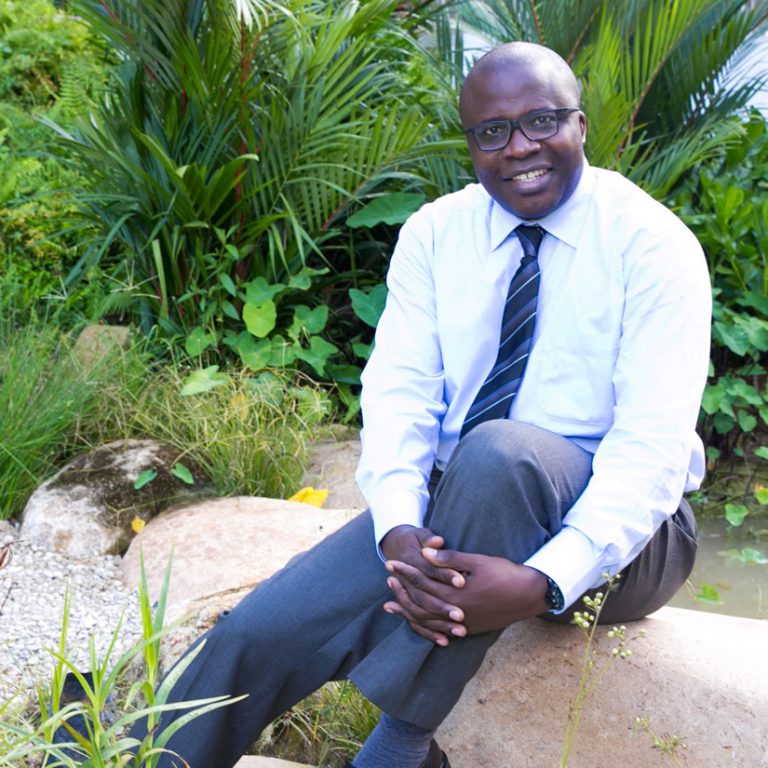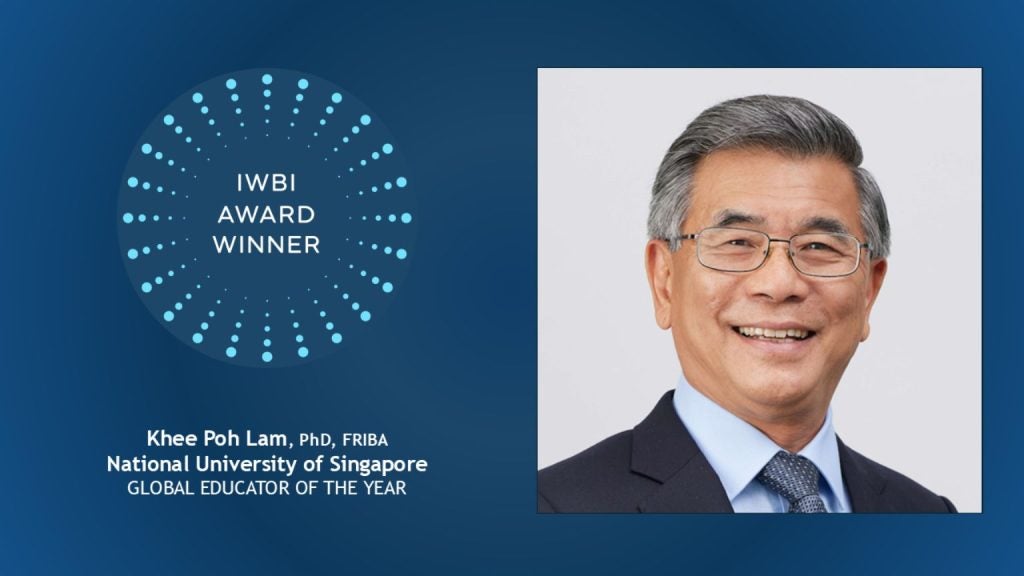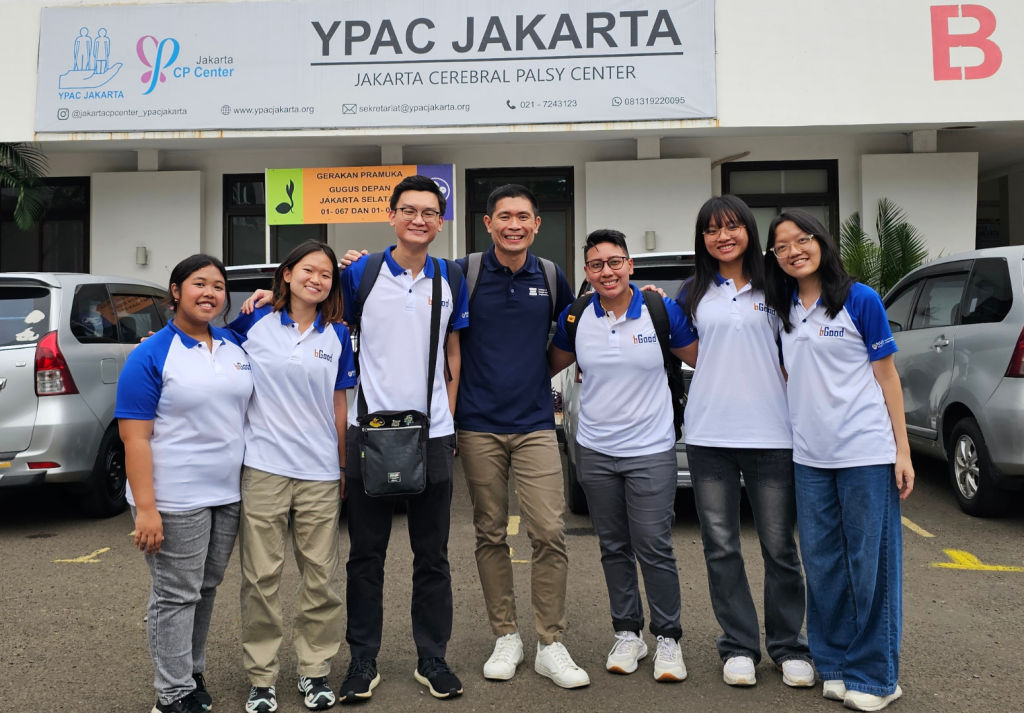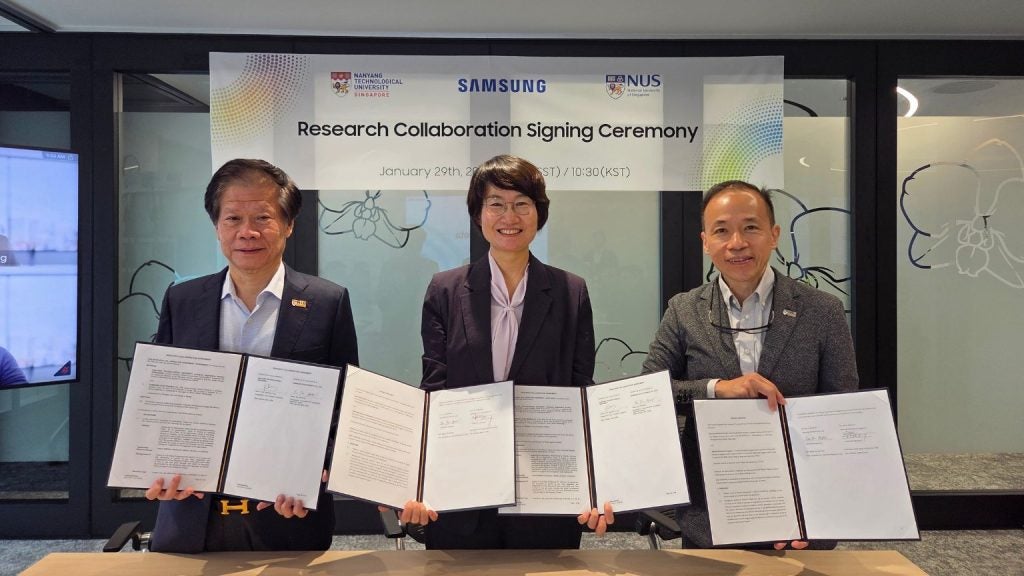
Professor Adekunle Olusola Adeyeye was elected Fellow of the American Physical Society (APS) by the APS Council of Representatives at its September meeting upon the recommendation of the APS Topical Group on Magnetism and its Applications (GMAG). Prof Adeyeye is recognised for his contributions to the synthesis and characterisation of magnetic nanostructures and their applications in low power magnonic information processing.
The number of APS Fellows elected each year is limited to no more than one half of one percent of the membership. The APS recognises exceptional contributions to the physics field and it is a distinct honour signifying recognition by one's professional peers across diversity and globally.
Prof. Adeyeye's research focuses on the fundamental understanding and exploration of functional magnetic nanostructures in applications such as magnonics, ultra-high-density storage, magnetic random-access memory, low power spin logic devices and biosensor. He has made significant contributions to the field of nanomagnetism and the emerging field of microwave nanoscale magnonics, demonstrating that the spin wave dispersion spectrum is strongly dependent on their structural dimensions. He recorded experimentally the largest microwave band gap ever observed for magnonic crystals.
More recently, Prof Adeyeye developed an energy efficient technique to transmit and manipulate spin wave information at the nanoscale. He also demonstrated a novel waveguide that can be used to send spin wave signal around a corner without any stand-by power. He implemented the gating of signal propagation by controlling individual waveguide at the nanoscale. Importantly, Prof Adeyeye demonstrated that no stand-by power is required during the operation of the device once it is configured. He is now leading efforts in the realisation of functional logic devices using magnonics.





